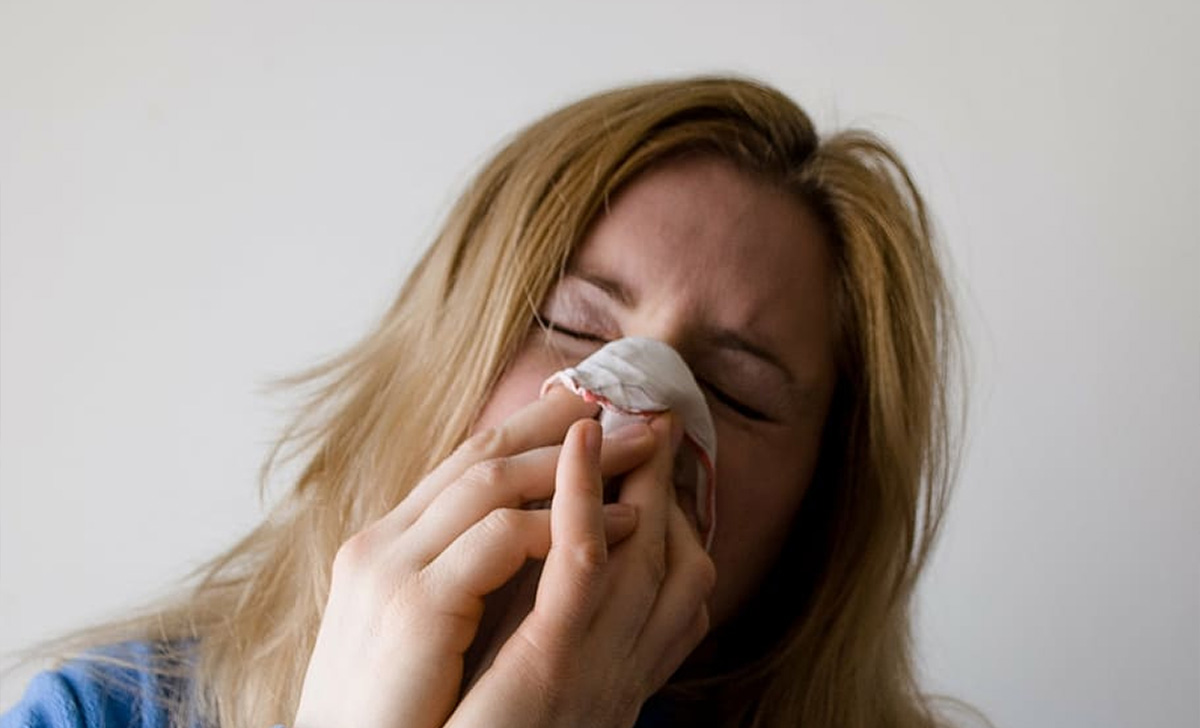Many of us believe that allergies are typically a spring problem. In reality, even the cold months are particularly delicate for allergy sufferers. Plants such as cypress and alder bloom during this period and their pollens can trigger typical symptoms such as rhinitis or cough. To these pollen we must also add mites, which become even more difficult to manage in winter. To reduce symptoms and to have a more peaceful life, many people are forced to resort to antihistamine drugs. Unfortunately, however, some highly consumed fruits could interfere with these medicines. So be careful if we use antihistamine drugs because this very common fruit may not make them work. Before finding out what it is, we need to make a premise. We avoid improvising doctors and intervening alone on the treatment or diet. Only the doctor will be able to show us the right path to follow.
Be careful if we use antihistamine drugs because this very common fruit may not make them work
Among the fruits most consumed in this period there are certainly apples. We use them to prepare delicious desserts. Or we drink the delicious juice, which according to science would have protective effects on colon cancer.
Eating apples is a real “investment” in health. These fruits are cholesterol-free and very rich in fiber and micronutrients. All substances that could help us control insulin levels and improve bowel function.
Unfortunately, however, apples, and in particular the juice, have a contraindication that should not be underestimated. They can in fact interfere with drugs based on fexofenadine, one of the most widely used antihistamines. Suffice it to say that the consumption of apple juice should even be stopped during drug treatment.
How to prevent this situation in the winter
As always, the best way to treat allergies is to prevent exposure to risk factors. It probably won’t lead to the elimination of antihistamines (medical advice is required for this), but it could greatly improve the situation.
It is the Istituto Superiore di Sanità itself that provides us with useful suggestions that are very easy to put into practice. In the first place it is advisable to reduce contact with risk factors. We avoid countryside areas, where there are plants that bloom during this period, and we will most likely reduce allergic crises.
As for food allergies, it is always good to read the label of what we buy and avoid foods that contain histamine. Among the most common are shellfish, some types of fish, tomatoes and fermented foods.
If we want to effectively combat mites, we should ventilate the rooms well and avoid upholstered sofas and beds. Much better to opt for hypoallergenic materials and constantly remove dust from the rooms.
Deepening
Those who use these drugs should pay close attention to this very common spice
